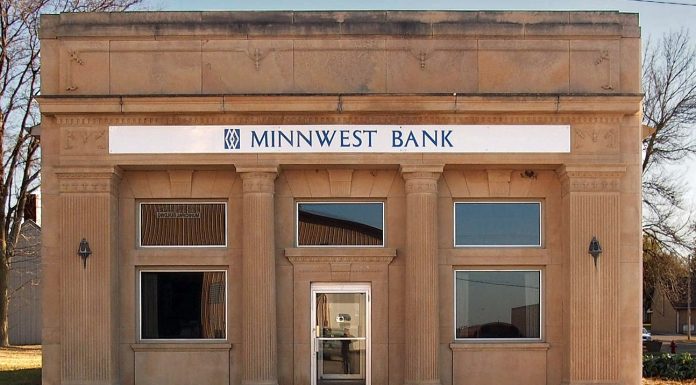(Associated Press) Would you feel comfortable disclosing your bank account information on a personal loan application? What about your work history? Your college major?
That’s what it could take to borrow money from some loan companies that consider alternative data — which can be anything that isn’t in your credit report — when deciding whether to approve your loan application.
Companies that use the data say it helps them better evaluate applicants by giving them insight beyond a credit report, which usually shows things like your name, address, Social Security number, and current and past credit accounts.
Lenders and consumer advocates agree the credit scoring system is imperfect. The Federal Trade Commission reported in 2013 that 1 in 5 Americans had a mistake in at least one of their three credit reports. You can check for errors on your credit reports for free.
But many lenders have a minimum credit score requirement for an unsecured loan, because it’s still considered a strong indicator of your financial responsibility.
Online lender Earnest requires borrowers have at least a 680 credit score to get a personal loan. But Chief Product Officer David Green says the company also asks applicants to link bank account information to give a more current view of how that person spends and saves.
“(Your credit score) is still a big deal because … it’s a very robust dataset and it’s an important part of your financial story,” Green says. “I looked at thousands and thousands of credit reports in my first couple years at Earnest, and a lot of times you can tell (the credit score) just is telling the wrong story.”
An increase in the intrusive nature of the data lenders consider in application decisions should be met with more transparency to the consumer about what’s being used, says Brent Adams, senior vice president of policy and communication for the Chicago-based financial research and advocacy nonprofit Woodstock Institute.
“There’s another piece of this which (is) — it’s inevitable,” Adams says. “There’s no real point in digging one’s heels in and opposing the use of alternative data because it’s inevitable.”
This article was provided to The Associated Press by the personal finance website NerdWallet. Annie Millerbernd is a writer at NerdWallet.



